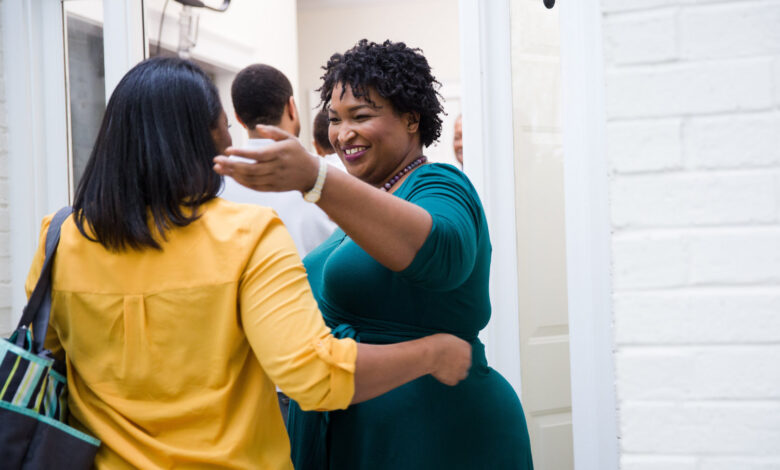How Black Cultural Currency Is Changing the Political Landscape — THE BITTER SOUTHERNER

Pimp C, one half of UGK, has this classic saying at the end of “Let Me See It” from the album Dirty Money (2001). Distinguishing his Houston sound from hip-hop, he describes Southern rap as “country rap tunes” and not “hip-hop records.” To him, dirty South rap is music steeped in Southern sound, soul, politics, and living (good, bad, or indifferent). After Outkast’s landmark moment in 1994, Southern rap established its own regional and cultural independence rooted in the ways of the American South. Trap music cultivates stories about the day-to-day survival strategies of living black and poor in the American South. You are in the “trap” if your life is lived in a poverty-stricken, crime-infested environment where drugs are bought, sold, and done. A “trap” is where the virtue of “the hustle” is often honed. But the trap is also an unsafe environment.
Concentrated poverty is the main ingredient sustaining “traps.” In fact, the lack of access to equitable resources for healthcare, jobs, and education is the most racist weapon. It keeps poor people trapped inside the boundaries of insufficient living, which leads to crime, violence, undiagnosed mental-health issues, and self-destructive behaviors. Firmly within black expressive traditions, the stories of the trap are documented through art, performance, and music.
Southern blues would have turned out much differently if the African-Americans who made that music did not have to confront racism. I’d suggest the same for Southern rap. I’d go even further to suggest trap is blues and blues is trap. In a city like Atlanta, where drug and sex trafficking play as big a role in our culture as our complex civil rights legacy, I’d suggest the two are main ingredients for the “creation” of down South trap music. Here’s a city and state like no other, trying to square the circle of black excellence amid significant black poverty.
Which highlights another contribution of the trap concept: It offers an umbrella term for bringing together the genres of black music and the regional networks of hip-hop.
Whenever I study culture, I start with the language. I look for the word usage in the lyrics. For trap music, I looked for evidence of when the word “trap” itself was first used in Southern hip-hop storytelling. In 1995, six years before Dirty Money, the first group of Southern artists to use the concept was the GOODie MOb, a portmanteau/acronym for “The Good Die Mostly Over Bullshit.” From Atlanta, Goodie introduced the soul of trap with an album titled Soul Food.
On “Thought Process,” the first song on Soul Food, “trap” is used three times. Terrance “T-Mo” Barnett, Willie “Khujo” Knighton, and Andre “3000” Benjamin (who was featured on the record) use the term to describe the environmental and psychological predicaments of African-American youth coming of age in Southwest Atlanta during the ’80s and ’90s — when black youth felt caught between the excellence of Atlanta’s many black leaders and the crushing realities of black poverty.
Musically, Goodie follows a tradition in black music that establishes the soul, the spirit, and the street sensibilities of trap music culture. They advance how we understand the nativity of hip-hop as an expression against the politics of race and class. Consider how Soul Food begins with “Free.” It’s a gospel blues prayer presented as an album intro. Its plea is to be “free” — the exact opposite of being “trapped.” To be free is liberation. Outkast, on Aquemini’s “Spoottieootiedopalicious,” expands this ideology of trap when Big Boi says:



